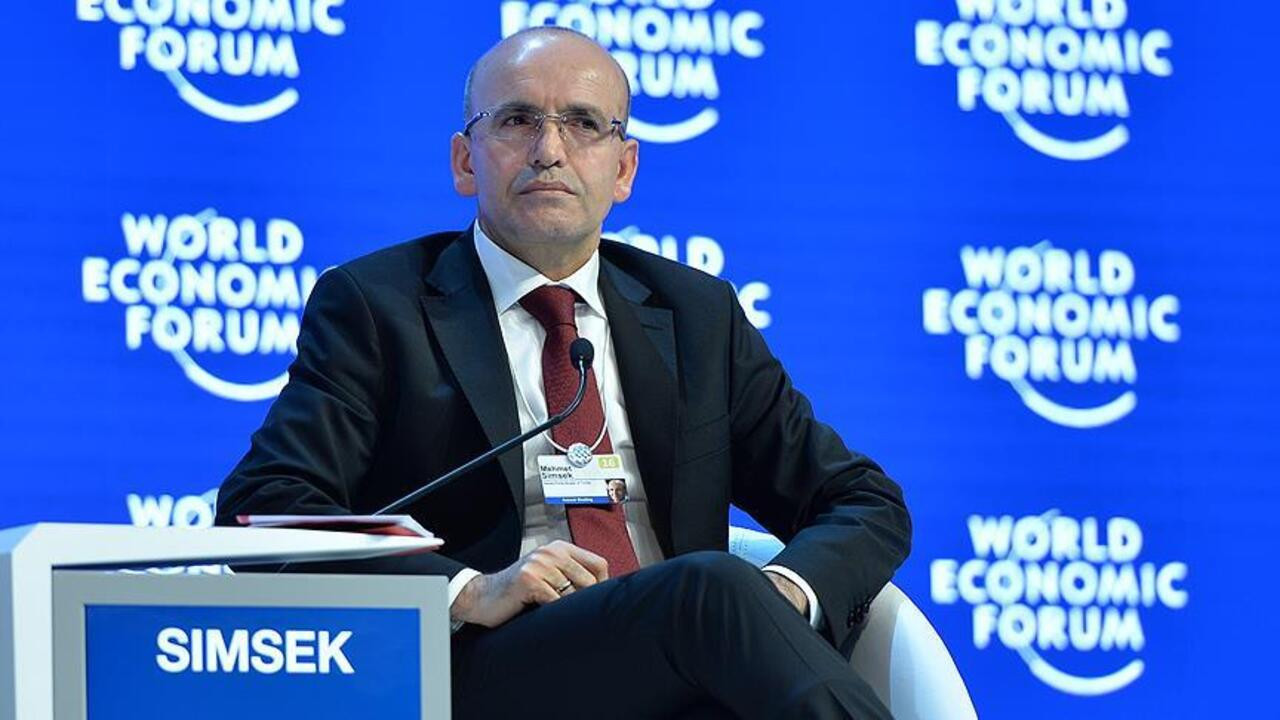Israeli occupation root cause of conflict, Turkish delegation argues in World Court hearing
The Turkish delegation on Feb. 26 presented its argument in the ICJ hearing regarding the Israeli occupation of Palestinian territories. Deputy Foreign Minister Ahmet Yıldız held that Israel's occupation should be addressed as the root cause to achieve peace in the region.
Reuters
Turkey's Deputy Foreign Minister Ahmet Yıldız told judges at the International Court of Justice (ICJ) on Feb. 26 that Israeli occupation of Palestinian territories is the root cause of conflict in the region.
On the final day of public hearings in a case examining the legal consequences of Israel's occupation of the Palestinian territories, Yıldız also addressed the Oct. 7 attacks by Hamas in Israel, which killed 1,200 people, and Israel's military response that has since killed over 29,000 Palestinians.
"The unfolding situation after October 7 proves once again that, without addressing the root cause of the Israeli-Palestinian conflict, there can be no peace in the region," he said on the sixth day of hearings.
"The real obstacle to peace is obvious. The deepening occupation by Israel of the Palestinian territories, including East Jerusalem, and failure to implement the two-state vision," he added.
The U.N.'s top court, also known as the World Court, is hearing arguments from more than 50 states following a request by the U.N. General Assembly in 2022 to issue a non-binding opinion on the legal consequences of the Israeli occupation.
The hearings are part of a Palestinian push to get international legal institutions to examine Israel's conduct in the occupied territories.
Israel, which is not taking part in the hearings, said in written comments that the court's involvement could be harmful to achieving a negotiated settlement.
Last week, Palestinian representatives asked the judges to declare Israel's occupation of their territory illegal and said its opinion could help reach a two-state solution.
The judges are expected to take roughly six months to issue an opinion on the request.

 Banner reading 'end shame of trade with Israel' removed at Erdoğan's rallyPolitics
Banner reading 'end shame of trade with Israel' removed at Erdoğan's rallyPolitics Turkey exports weapons to Israel for sport, not warfare, TÜİK statesEconomy
Turkey exports weapons to Israel for sport, not warfare, TÜİK statesEconomy Erdoğan asks Turkish officials to abstain from Davos due to organizers’ stance on GazaDiplomacy
Erdoğan asks Turkish officials to abstain from Davos due to organizers’ stance on GazaDiplomacy